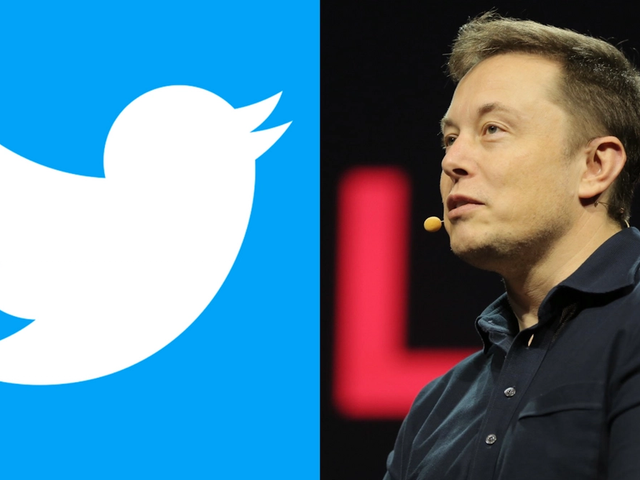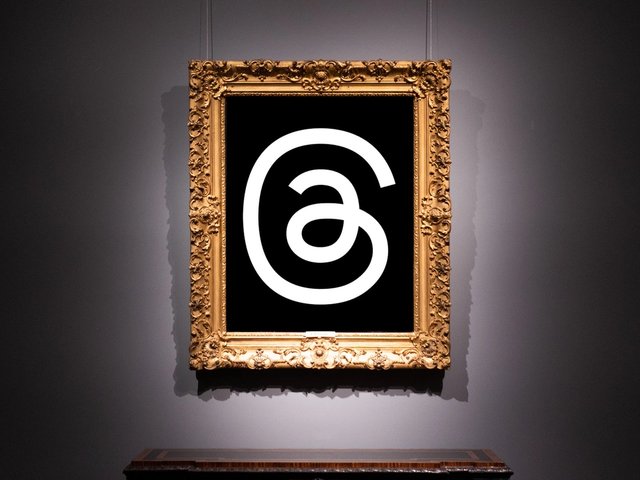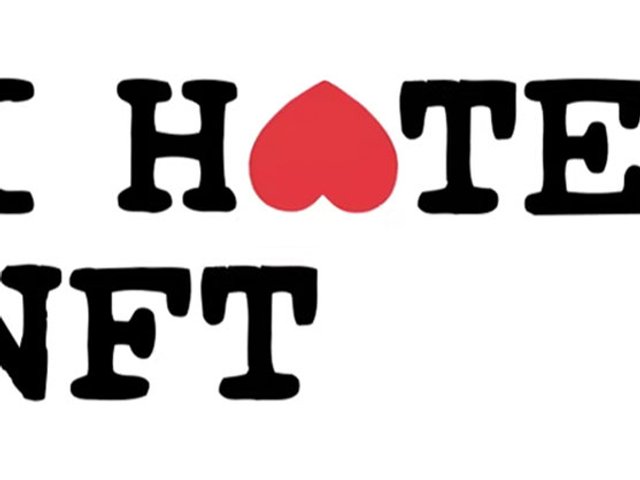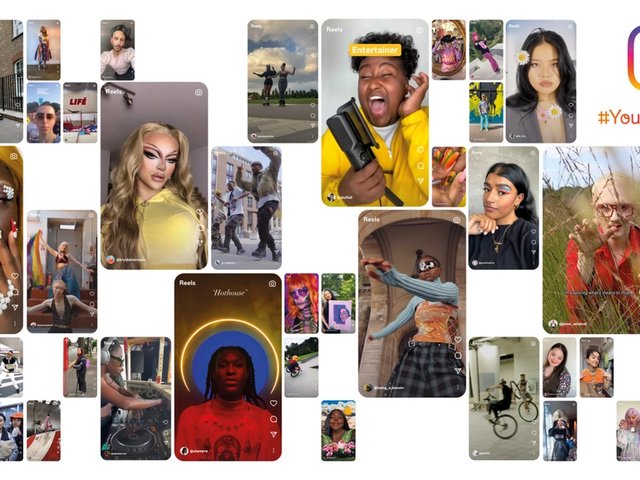More than a million users have left the social media giant Twitter since Elon Musk took over on 28 October. "The bird is freed," tweeted the business magnate who has long-accused the platform of heavy handed censorship. People are now leaving the platform fearing an outpouring of unpoliced offensive content. Meanwhile, fans of Instagram have been complaining for months about changes to the social media network, claiming it is becoming too much like TikTok, with a focus on video that doesn't appeal to all users (read: Millennial and older). And then there's Facebook...
So what are the alternatives? Here are eight new and lesser-known social media platforms to try.
Mastodon
What is it? The main platform that ex-Tweeters are flying off to. It is a decentralised network meaning it is not owned by one person or firm but is held on multiple international servers
Users: More than 650,000 (and growing rapidly—200,000 joined within the last week)
Pros: It can't be co-opted in the same way as Twitter but it functions very similarly
Cons: The decentralised aspect of it can be confusing for first-time users
Vero
What is it? A platform aimed at creating meaningful connections and a culture that supports creators
Users: Around five million
Pros: It is free of ads, algorithms and data mining
Cons: It might be free now but soon it will introduce a subscription model
Discord
What is it? A chat and “hang out” platform that is particularly popular with gamers, developers and the crypto community
Users: Around 150 million
Pros: It is free and easy to connect with users with similar interests to create active communities and is also decentralised, like Mastodon
Cons: It has a rough-and-ready developer aesthetic that some users may find difficult to navigate
OnlyFans
What is it? A content subscription service
Users: Around 120 million
Pros: Creators can actively make money from their work and it is free of censorship
Cons: The site is better known for its pornography content than its art
Lips
What is it? A creative space for women and LGBTQIA+ creators and their fans
Users: Around 20,000
Pros: It sidesteps censorship and aims to create an online space for marginalised communities
Cons: Like OnlyFans, it is more associated with sex work than art
BeReal
What is it? A photo app that invites users to take “real” photos at specific moments each day
Users: Around 23 million
Pros: It encourages an unfiltered, imperfect aesthetic that is refreshing
Cons: The photo format, which captures an image using both the front and back cameras on your phone, is restrictive
Glass
What is it? A photo sharing platform
Users: Unknown
Pros: If you’re nostalgic for the good old Instagram days, this is the app for you
Cons: It’s not yet available for Android and you have to pay to use it
VSCO
What is it? A photo and video editing app that also has a community sharing function
Users: Around 280,000
Pros: Like Glass, it has no ads or algorithms, just photos. Plus it has a sleek design and user experience
Cons: Some features are subscriber-only and it doesn’t publicly display details such as follower count, likes or comments







